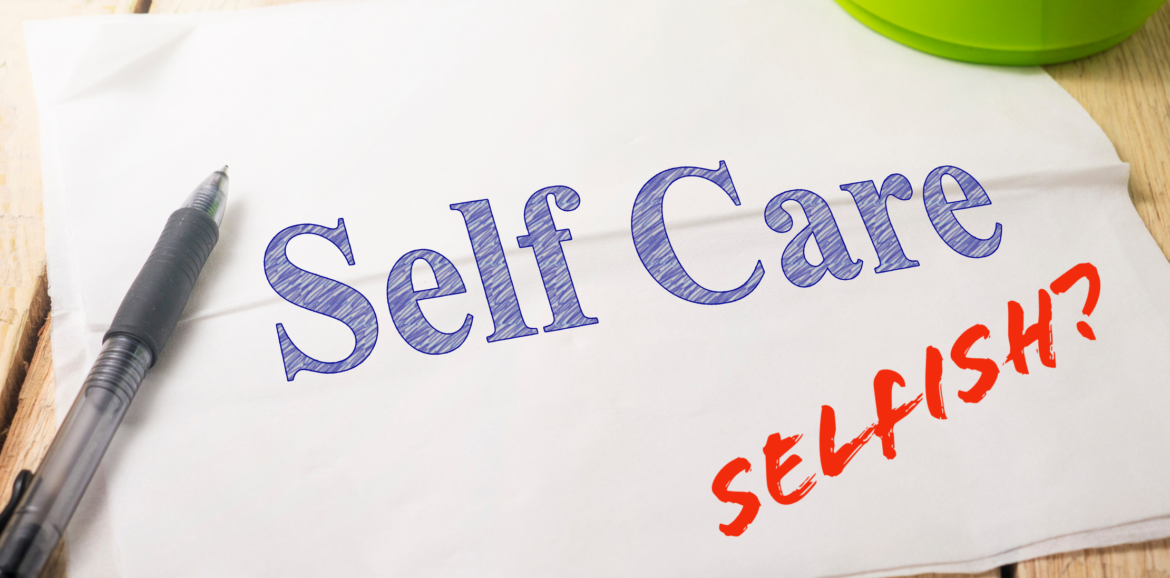Wednesday 17th May, 2023
In a Christian Post article earlier this year, Tim Keller argued that “Todays therapeutic age focuses on self-interest” he said that the therapeutic model is “all about trying to get your mind off of the past….we’re not trying to reconcile with anybody, and we’re not drawing on God. We’re all about making ourselves feel better.”
The warnings against therapy, self-care and the pursuit of happiness are not uncommon in Christian culture, with Pastors such as Rick Warren saying things such as “God is more interested in making your life holy than He is in making your life happy.
NEWSFLASH: Happiness and Holiness are not mutually exclusive.
In fact, shouldn’t being holy make you happy? Shouldn’t living a life set apart for God bring happiness? Doesn’t the bible say, “Delight yourself in the Lord and he will give you the desires of your heart” (Psalm 37:4) If your “holiness” is making you unhappy then, I would respectfully suggest you’re getting it wrong. Not only is it possible to be both holy and happy; it’s necessary.
Yet some Christians continue to tell us that taking care of ourselves, prioritizing our wellbeing and our happiness is selfish, or as Keller puts it “all about self-interest.” We may believe that if we are to “deny ourselves, take up our cross and follow Jesus” we must live a life devoid of life’s pleasures, that when things are tough, we mustn’t complain or ask for help, that when we are tired we must continue anyway, that if we become mentally unwell we should just “pull ourselves together” because our lives must be dedicated to the service of others not ourselves.
I believe this is a mistake, not least because you can’t serve others when you’re running on empty yourself. Anyone who has ever been on a flight will know that during the safety briefing passengers are always told that should the oxygen masks be lowered; they should fit their own mask before attempting to help anyone else with theirs. Why? Because you need to be able to breathe in order to help others. Similarly, you need space to grow emotionally and spiritually, you need rest and replenishment to be able to be the best servant of Christ you can be.
Jesus exercised self-care.
“Now when Jesus heard about this [the death of John the Baptist] he withdrew from there in a boat to a deserted place by himself” (Matthew 14:13)
“He would withdraw to deserted places and pray” (Luke 5:16)
If the Son of God needs to take time out from serving others and tend to his own needs from time to time, then so do we.
God cares about our need for rest.
When Elijah fled from Jezebel, the bible tells us that an angel of the Lord provided him with sleep and food. God cares so much that we take care of ourselves that he instituted a day of rest and made it law. Having a day off work is one of the ten commandments, that’s how important our wellbeing is to God.
God cares about our happiness.
The bible describes God as a good father, saying “who, if your child asks for bread, will give a stone? …how much more will your father in heaven give good things to those who ask him!” (Matthew 7:9-11) What kind of parent doesn’t desire their children’s happiness first and foremost? Our God is a God of abundance, Jesus said; “I have come that they might have life and life in all its abundance” (John 10;10) not “an okay life” not “a life of service” not “a life where their basic needs are met” but a life of abundance!
Joy is a fruit of the spirit and the best form of evangelism.
God does not want our lives to be full of angst or emotional turmoil but rather wishes for us to enjoy the fruits of the spirit “love, joy, peace, patience, kindness, generosity and faithfulness.” Laughter, joy, and kindness are infectious. When we allow ourselves to be our full, created selves we shine with the light of the Holy Spirit and people notice that. People notice when we have that peace which passes all understanding, people are attracted to people who live abundant lives. In contrast dour, miserable, and pious Christians are a terrible witness, who wants to be like that!?!
The bible asks us to give of ourselves in service to others, so we need to make sure that we have enough to give, and that what we give is good. If we are suffering from a mental health issue, there is absolutely no shame in seeking therapy. If we have experienced trauma, then seeking therapy is not simply about “trying to get your mind of the past” rather it’s about dealing with and healing past hurts that prevent us from being our best selves. Therapy is not about self-interest, it is not selfish, it is about caring for the body, mind and soul that God entrusted you with, that God calls his temple, so you can best use it for his service. It’s no more selfish to seek therapy for a problem that is affecting your mental wellbeing than it is to take anti-biotics for an infection that’s affecting your physical wellbeing and it’s about time the whole church recognised this.







